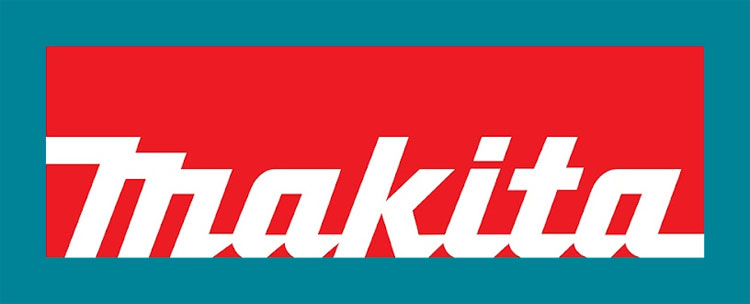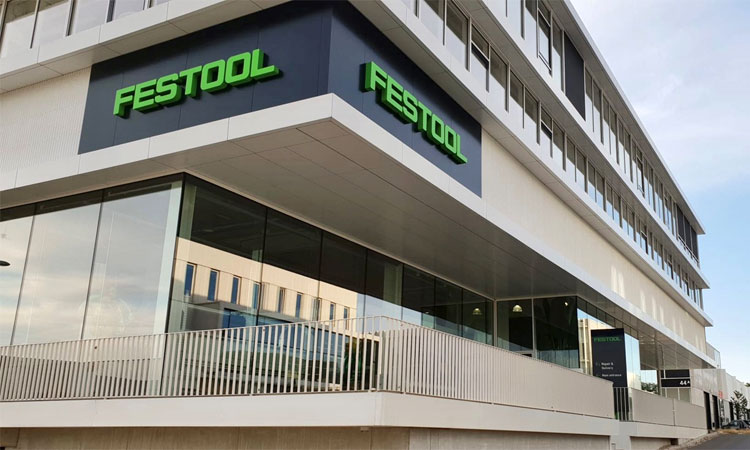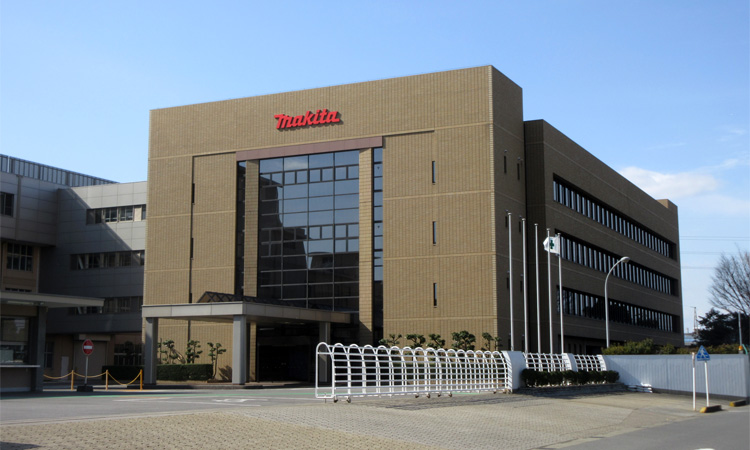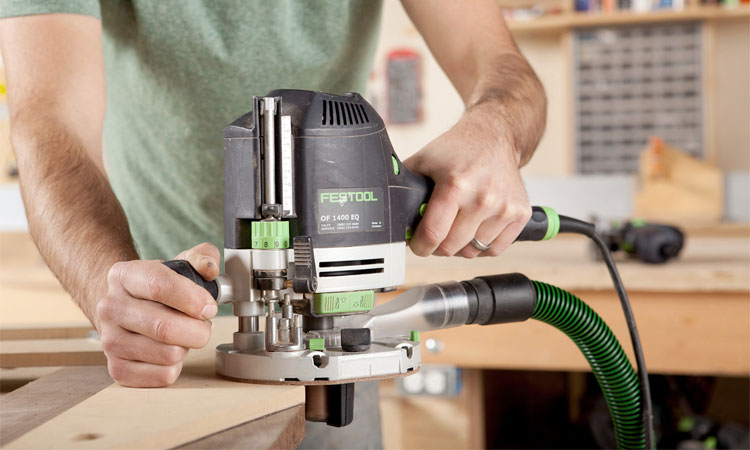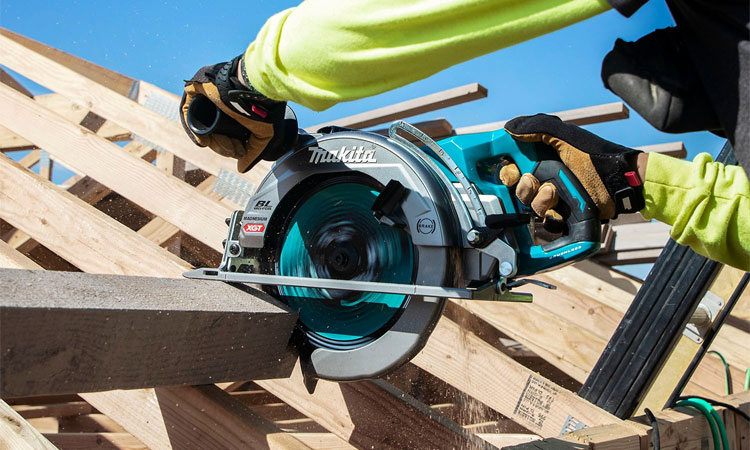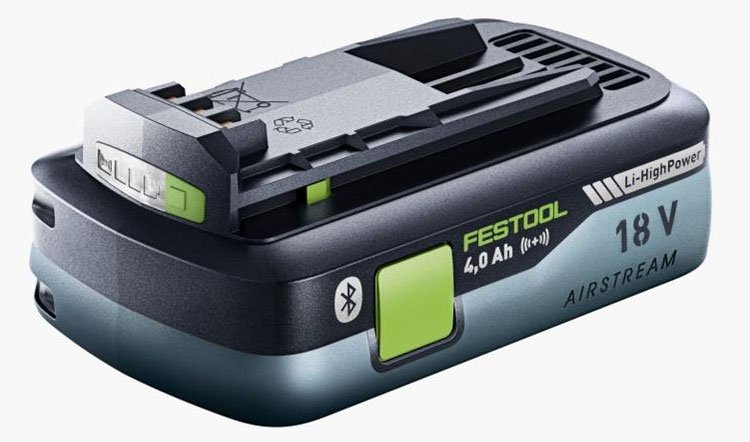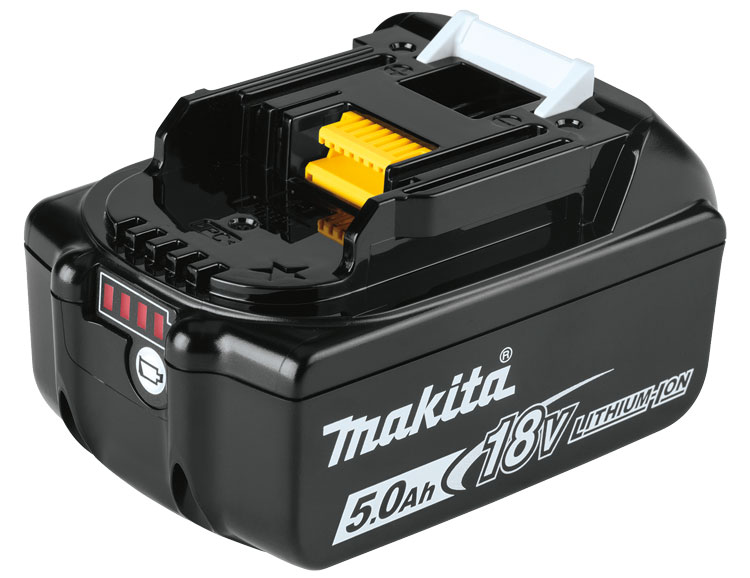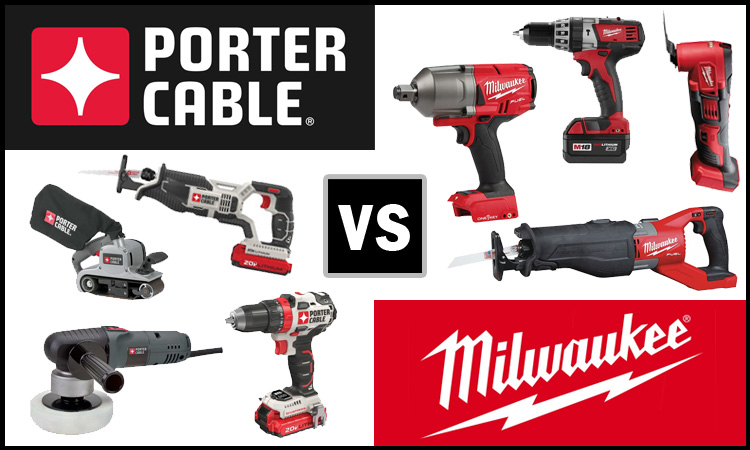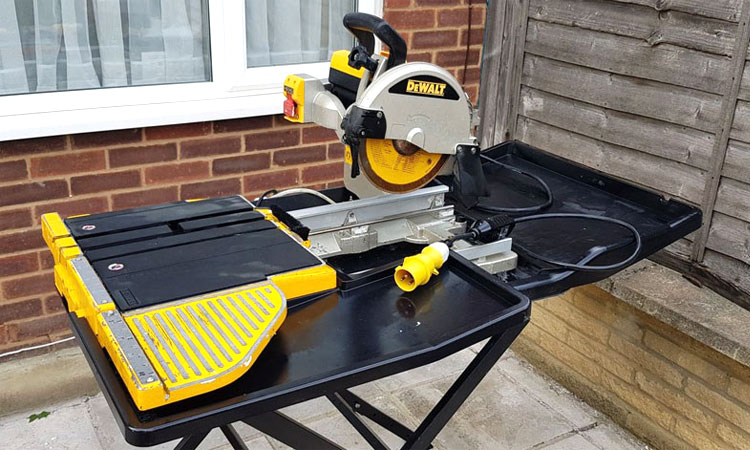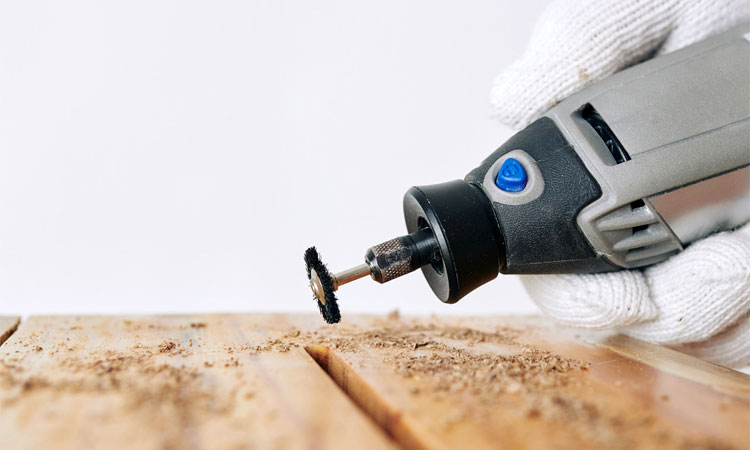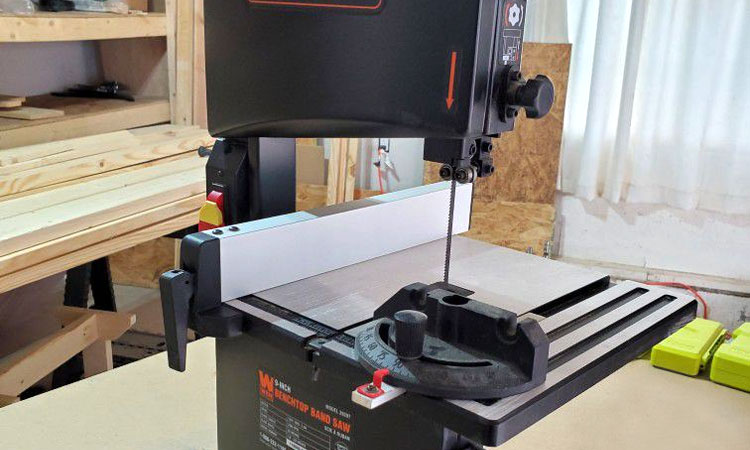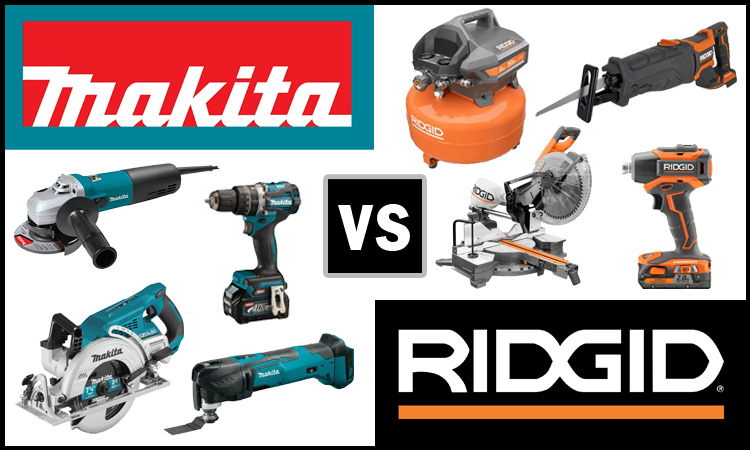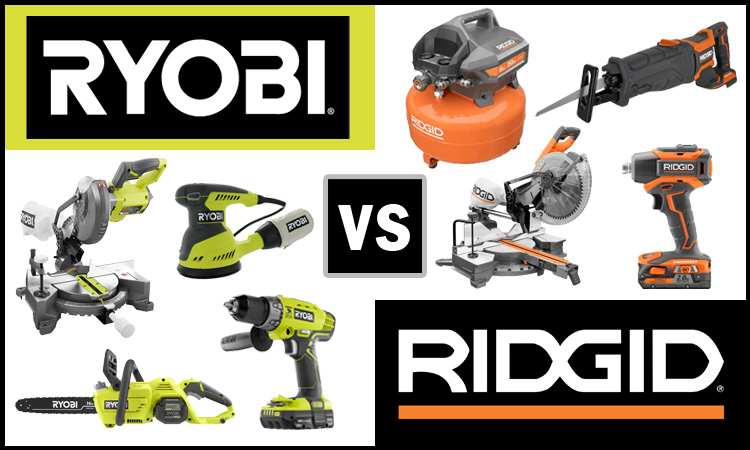Festool vs Makita (Which is Better?)
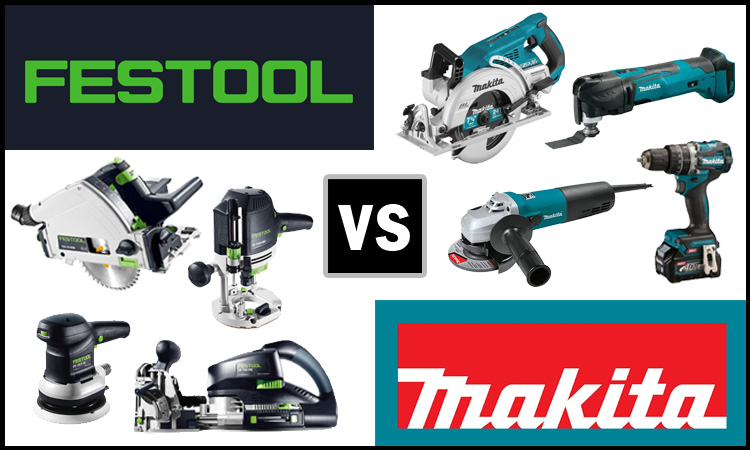
In the world of modern power tools, there is no shortage of top-notch manufacturers, who produce premium-grade tools on an ongoing basis. Two top competitors in this arena are Festool and Makita, both of which are well-respected by hobbyists and tradesmen alike.
However, this in itself poses quite the quandary for consumers. Between these two brands, which is the overall favorite, offering unparalleled quality and service.
Sometimes, discerning a winner between these two well-known factions of the tool industry is a difficult prospect, as both Festool and Makita have forged substantial legacies of greatness.
To better compare the two brands, we have compiled the following guide, which places Festool and Makita side-by-side, in a number of key areas. Read on to learn more about how each brand stacks up, when compared to one another, based upon like criteria.
History
Festool and Makita both harbor significant legacies of success, dating back many years. From their earliest days, each of these manufacturers have strived to produce and offer nothing but the most premium of products.
The following is a brief summary of Festool and Makita’s rise in the power tool market.
About Festool Tools
Festool is a German-based power tool manufacturer, whose history dates back nearly 100-years. Founded by business partners Albert Fezer and Gottlieb Stoll, Festool emerged in 1925, initially serving as a repair entity for wood processing machinery.
The company also converted a number of such machines to accept upgraded ball bearings, rather than standard bearings of the foregone era.
In the years and decades that followed, Festool pioneered the design of many portable tools or greatly enhanced the design of those that already existed. Some of the most significant of these designs led to the advent of the portable chain saw, portable circular saw, and portable disc sanders.
Festool itself, also expanded quite rapidly, relocating no less than twice by 1951, as a way to increase usable floor space. For much of the years that followed, the company pioneered additional revisions to the circular saw, improving the efficiency and safety of earlier products.
By all accounts, these efforts proved quite successful, as Festool had dedicated themselves strictly to the production of portable tools by 1975.
By the early 1990s, Festool had invested heavily in the design of electric power tools, even debuting a new Tooltechnic branch, to differentiate production of the brand’s electric tools from those of a pneumatic design. Then, in 1996, the company jumped headlong into the production of cordless, battery-operated power tools.
Today, Festool serves as a premier manufacturer of industrial-grade power tools. The company expanded into the United States in 2000, the same year the company’s German headquarters was relocated to Wendinglen.
See Also: Festool vs DeWalt Comparison
About Makita Tools
Makita Electric Works was founded in Nagoya, Aichi, in 1915. Makita began repairing electric motors and producing lighting equipment, electrical motors, and transformers in its early years.
After 40 years of generating generators, Makita became the first Japanese firm to produce electric planers in 1958. This initial foray into the power tool industry was highly successful, and they subsequently produced a portable groove cutter that year.
From the 1960s, Makita began to move away from being just a power tool manufacturer and was now more focused on producing power tools. In 1969, Makita introduced the 6500D, the company’s first battery-powered drill.
From 1970 to 1980, the company grew rapidly, with new plants opening in Australia, Canada, France, and Germany. As Makita’s product line expanded at a similar rate as its manufacturing facilities, impact drivers, grinders , circular saws, impact drivers, and other such tools were added.
In 2004, Makita created its first line of brushless motor fastening tools for the aerospace and defense sectors and later extended it with the introduction of its first 18V brushless motor impact driver.
Makita’s worldwide consumer base is helping the company rank among the top producers of rechargeable battery-powered equipment.
Read Also: Makita vs Ridgid
Manufacturing
Many consumers place a significant amount of consideration into a tool’s country of origin. Therefore, it is only fair that we compare such characteristics, when analyzing Festool and Makita in a side-by-side fashion.
The following is a general overview of Festool and Makita’s manufacturing practices.
Where Are Festool Tools Made?
Festool is a German-based company that also operates a distinct North American branch. The American branch of Festool was initially located in Santa Barbara, California, though operations were moved to Lebanon, Indiana, in 2007.
The vast majority of Festool’s products are manufactured in Europe, with the bulk of production efforts taking place in Germany.
The company itself, is headquartered in Wendinglen, Germany, with outpost production facilities located in Neidlingen and Illertissen.
Where Are Makita Tools Made?
Makita Tools headquarters are located in Nagoya, Aichi, Japan, but the company operates manufacturing facilities around the world. Makita also maintains home offices in several different countries, including the following:
- United States
- Mexico
- Brazil
- Japan
- China
- Thailand
- Germany
- United Kingdom
- Romania
Makita USA’s headquarters are in La Mirada, California, but the company has a nationwide distribution network. The following cities have Makita distribution warehouses:
- La Mirada, CA
- Mt. Prospect, IL
- Wilmer, TX
- Buford, GA
Product Line
Both Festool and Makita showcase rather impressive product catalogs, which are as diverse and sizable. This proves immensely popular with both hobbyists and tradesmen alike, who seek out the ultimate in convenience and durability.
The following is a general overview of Festool and Makita’s most popular product offerings.
Festool
Festool offers a host of high-quality power tools, designed for a wide range of applications. These tools are favorites of many consumers, including DIY enthusiasts and tradesmen alike. Each of Festool’s portable power tools can be operated with the use of two different battery packs, including a 4.0 Ah pack, and a more robust 5.4 Ah unit.
The company offers a significant number of cordless sanders, grinders, and polishers, designed for woodworking and industrial-based applications. Likewise, Festall also offers a number of high-strength corded-power tools, designed for use in more demanding applications. Nonetheless, these tools serve as favorites of at-home consumers as well.
Also included in Festool’s product lineup are many different saws, engineered to meet every perceivable need. Included within this lineup are circular saws, semi-stationary saws, oscillating cutters, and plunge cut saws. Additional products of this type include track saws, miter saws, and jig saws.
Additionally, Festool is deeply vested in the production of specialty job-site tools, engineered to reduce clutter and increase productivity.
The company’s Systainer storage system serves as perhaps the best example of this notion, though Festool also offers products such as job-site lights, Bluetooth speakers, and dust removal equipment.
Makita
Makita is most famous for its electric saws, drills, and impact drivers. However, the company’s series of 18V LXT tools has to date been its most popular.
The Makita LXT line of power tools and accessories supports the use of the 18V Lithium-Ion battery. This line has a more powerful battery linked with communication technology that allows it to produce power, speed, and runtime that no other does.
Drills, impact drivers, grinders, string trimmers, and chainsaws are among the most popular tools available in the LXT line. Using two 18V Lithium-Ion batteries instead of one doubles the strength for tough tasks when using the LXT X2 tools.
Makita manufactures and sells a wide range of specialized power tools to help you do everything from cleaning your shop to mowing the yard. Shop vacuums, battery-operated lawnmowers, chain saws, and leaf blowers are some of the most popular items in this category. The company also sells a variety of hand tools, work clothing, radios, and lighting options.
Makita offers a complete range of combination kits and sets to meet the needs of all its customers without adding extra costs. Whether you are looking for drilling, driving, and fastening, by piece or by kits, from router to hip belt, to hose retention clip, either made of plastic or metal, they all have the reliable tools that you are looking for.
Not all of Makita’s products are battery-operated, however. The business also creates a variety of pneumatic and gasoline-powered items. From air compressors to chain saws to hedge trimmers, Makita provides the customer with a range of solutions to meet all of their requirements.
Technology
Festool and Makita have both served as innovators within the power tool industry, in their own right, pioneering a wealth of development along the way. The following are several of Festool and Makita’s most notable technological advances.
Festool
Festool Compact 4.0 Li-Hi Power Battery Packs
Festool has gone to great lengths to simplify the lives of DIY enthusiasts and tradesmen everywhere. This has led to the production of the company’s ultra-compact 4.0 Li-Hi Power Battery Packs.
These batteries are 20-percent lighter than most standard portable battery packs, but offer 30-percent more power and endurance than most similarly designed portable portable batteries.
Battery Interchangeability
Currently, Festools offers two different portable battery packs, the first of which is the 4.0 Li-HI pack as mentioned above. The other available battery pack is a larger 5.4 Ah BP 18 unit.
These battery packs happen to be fully interchangeable, allowing consumers to select the perfect power source for each and every job that they have at hand.
Systainer Tool Storage
Festool has pioneered a fully-integrated tool storage system, known as Systainer. This system allows for storage of tools, battery packs, chargers, and hardware-related items, all in one easy-to-transport manner.
Totes included in this system can also be paired to a custom roller, allowing for long distance transportation on the job site.
Makita
Quick Shift Mode
The latest version of Makita’s battery-operated impact drivers includes the company’s Quick Shift Mode, which allows for faster changes. Impact drivers from Makita have an automatic electronic controller that downshifts and reduces rotation and impact speed just before driving the screw into place to prevent harm to the project, thread stripping, and breakage.
Active 3 Control
The Active 3 Control Technology in Makita 18V batteries and chargers allows for communication with any Makita 18V battery or charger. The chargers are able to monitor a battery’s voltage, temperature, and current, allowing for more efficient charging while also reducing charging time significantly.
XGT 40V/80V
The new line of cordless tools and devices from Makita is the XGT 40V | 80V Max system. This tool line is designed to generate maximum power for those toughest duty cycles without sacrificing performance.
The XGT 40V battery may be expanded to deliver more power and performance to Makita’s XGT cordless tools and equipment. There are currently 50 items in the XGT range, ranging from drills to masonry instruments to outdoor gear.
Warranty and Service
Customer service and a company’s warranty are some of the main considerations when a consumer is looking to make a purchase.
Before deciding which brand to spend your hard earned money on, read on for more information about Festool and Makita’s policies.
Festool
Festool offers one of the most comprehensive warranty policies in the entire power tool industry. The company’s base warranty covers all Festool products for a period of three years following purchase.
Perhaps most remarkable, is the fact that this warranty also covers issues that arise from standard wear and tear. This basically ensures that your Festool products will be covered unconditionally for a period of 3-years.
Additionally, Festool also pledges to stand by each of its products, by guaranteeing that parts for each specific tool will continue in production for a period of 10-years. This ensures that parts will be available to keep your Festool products in service, for a minimum of ten years.
Each purchase from Festool comes backed with a 30-day satisfaction guarantee for an added peace of mind. If for whatever reason, you are unhappy with any Festool product within the first 30-days following purchase, simply return it to an authorized Festool dealer for a full refund, with no questions asked.
Makita
Every tool from Makita is covered by a one-year limited warranty from the date of purchase. The consumer simply returns the defective equipment to an authorized service center, and repairs will be done for free.
A three-year warranty applies to Makita’s battery-operated power tools, batteries, chargers, and pneumatic nail guns. This warranty covers the equipment against material or workmanship-related faults. Simply take the tool back to a Makita factory or service center and submit it for inspection if it is found defective owing to one of the aforementioned reasons; Makita will repair or replace it at no cost to you.
Consumers should be aware, however, that Makita warranties do not cover normal wear and tear, misuse, or attempted repair by a non-authorized service center. Non-genuine battery usage will not be covered by lithium-ion tools that have suffered damage as a result of using them.
Makita provides a 30-day money-back guarantee on all of their power tools. If you’re unhappy with an item after 30 days, simply return it and Makita will replace or refund the purchase price.
And The Winner Is…
Festool and Makita both offer stellar products, far greater in quality than the industry standard. For this reason, it is rather difficult to select an absolute winner when comparing these two brands in a side-by-side fashion. Nonetheless, we must award a favorite between these two titans of the tool industry, based upon meaningful criteria.
In our opinion, Makita carries a slight advantage over Festool, primarily in terms of product catalog size. While Festool produces a host of specialty woodworking tools, Makita consistently offers portable power tools of almost every perceivable variety.
This, in turn, makes it possible for consumers to utilize their same battery packs, no matter the desired application, or task at hand.
In addition to this fact, Makita is also known for producing extremely durable power tools that are offered at an outstandingly wide range of retail locations nationwide.
As such, one can rest assured that there will be no shortage of locations to exercise their warranty, if they were to experience an issue, no matter where their work might take them.


